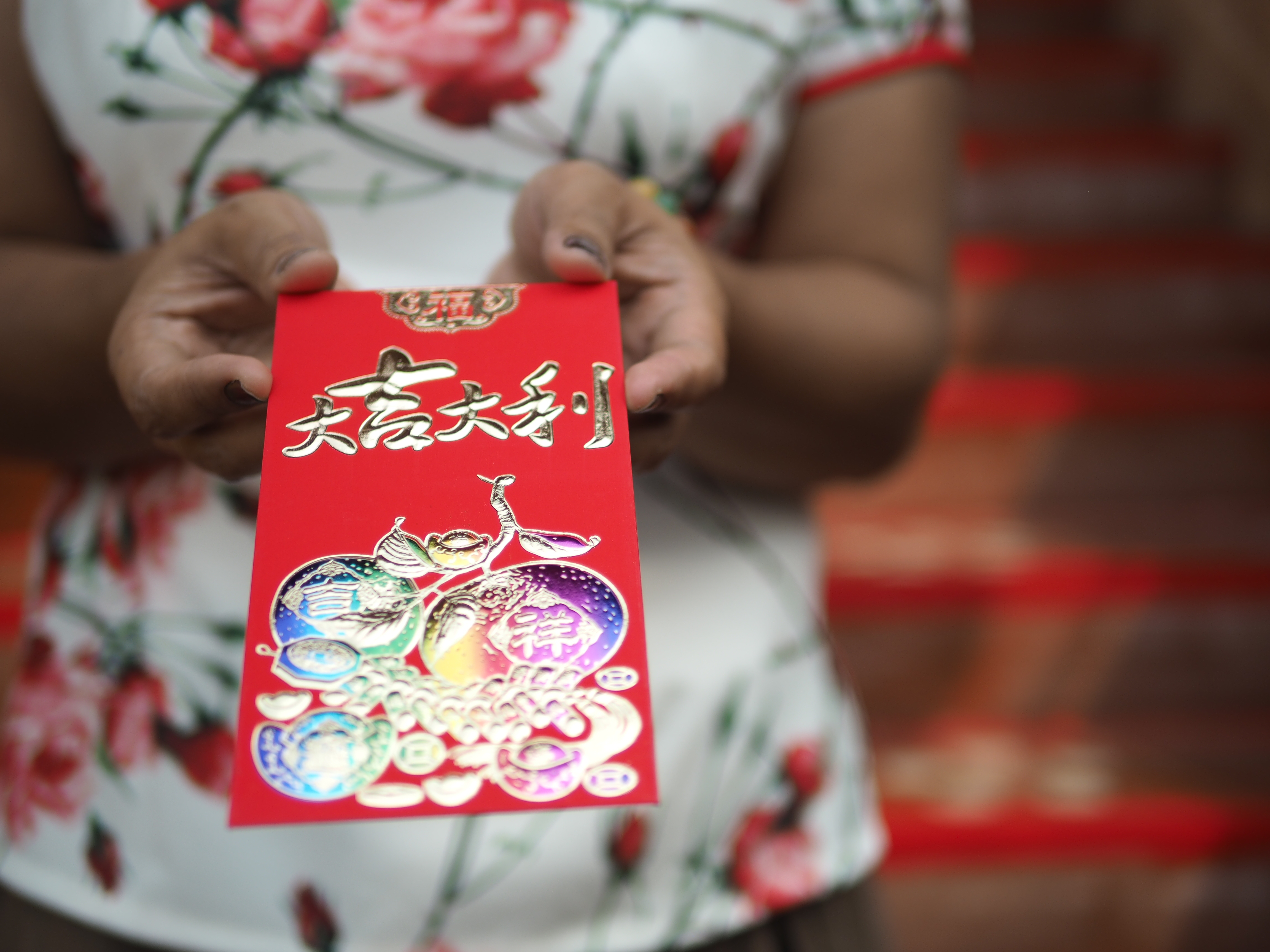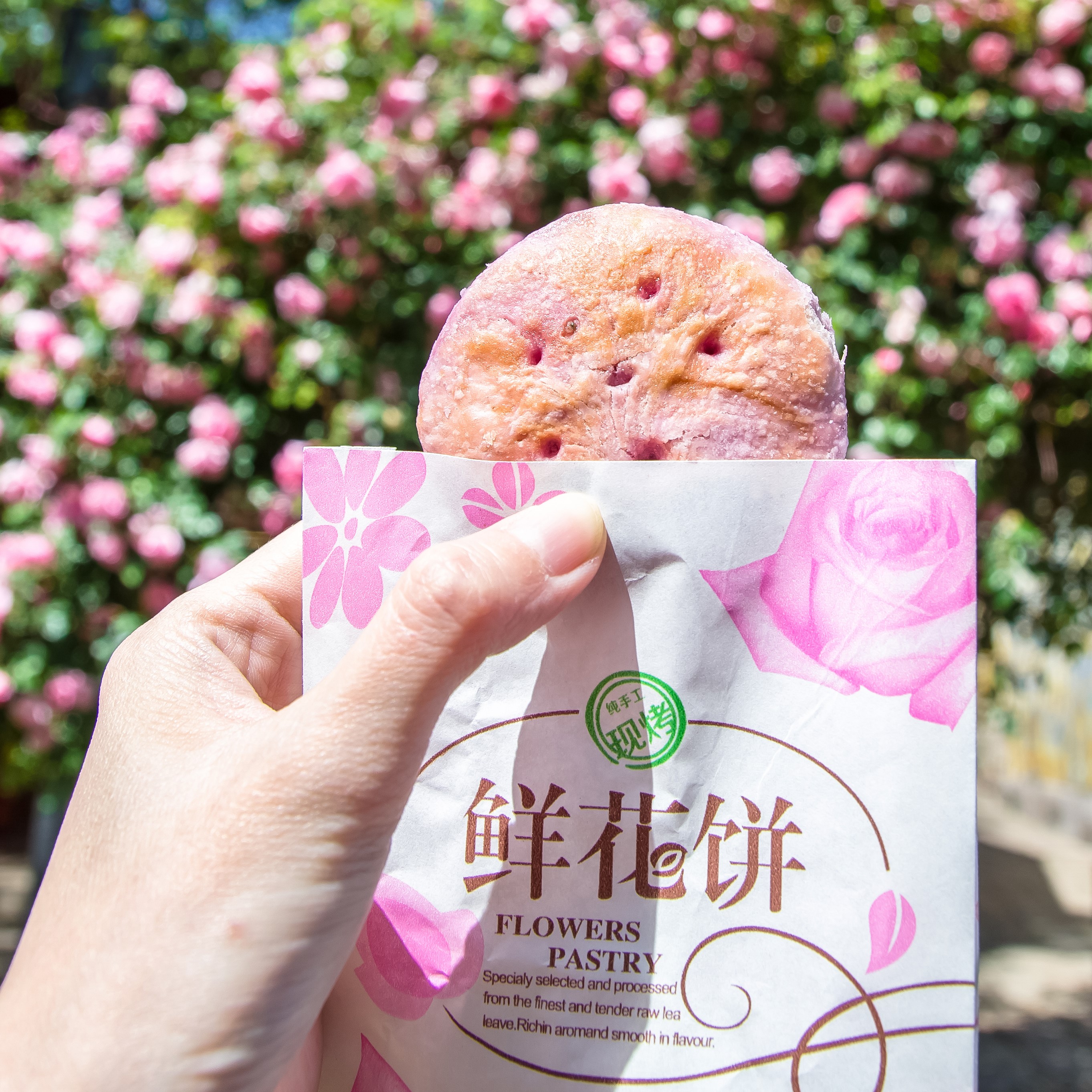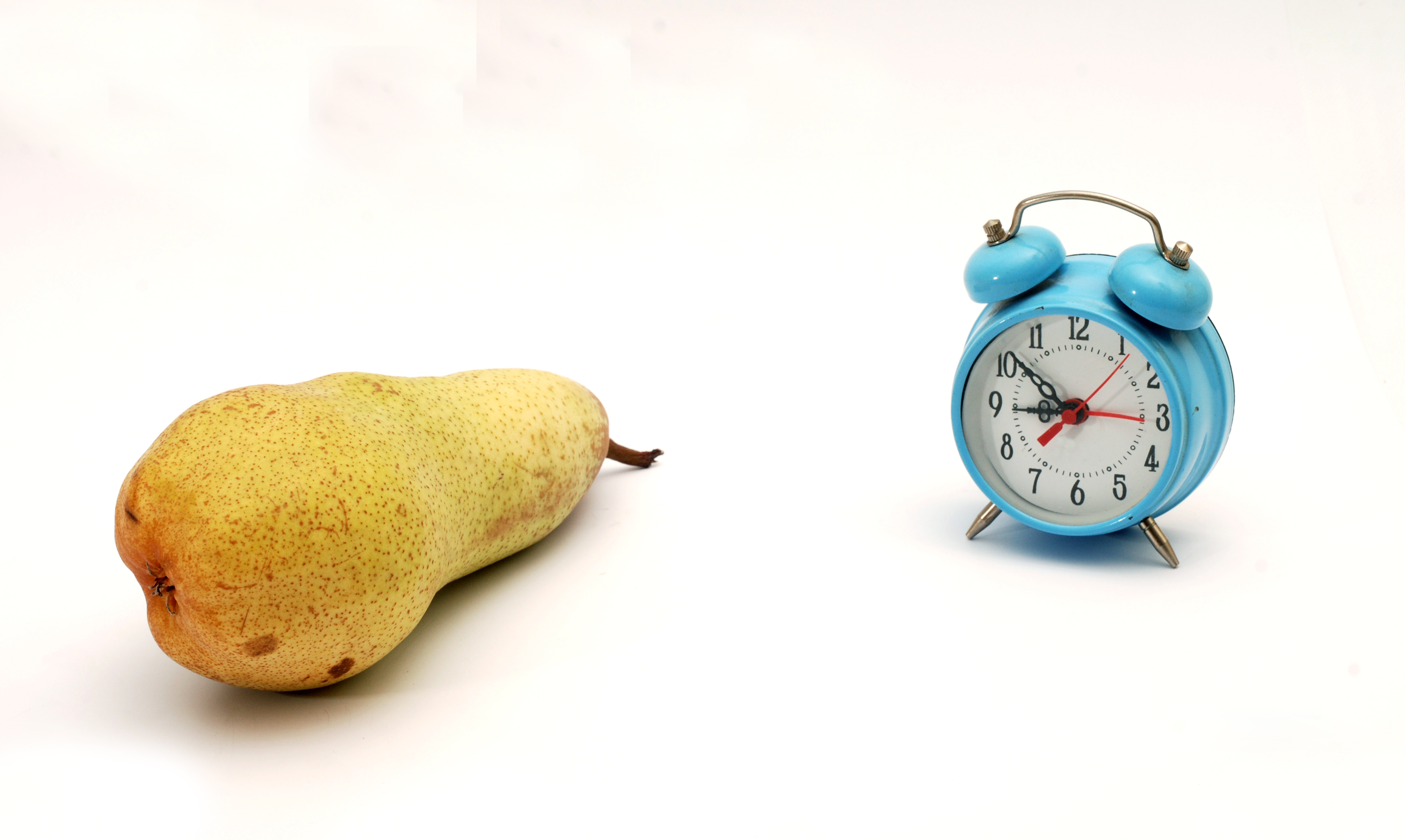
Finding the right gift for someone can be rewarding, but it can also be stressful--especially when you don’t know the unspoken rules of the recipient’s culture. In Chinese culture, gift-giving is not only a way of marking special occasions, like holidays and birthdays, but it’s also used to build and maintain relationships with others. There are a whole host of considerations that go into giving the right gift--from the choice of gift to how it is wrapped and presented. If you’re the recipient, you also have to know how to accept a gift graciously!
But don’t worry! No matter which end of a gift exchange you find yourself on, we have you covered. Read on for 10 dos and don’ts to guide you through the art of Chinese gift-giving.
1. Do - Mark your calendars
In China, the major gift-giving occasions are birthdays, the Spring Festival (Chinese New Year), and the Mid-Autumn Festival. These days, young, urban Chinese consumers are also likely to give gifts on Western holidays like Christmas or Valentine’s Day as well, while their rural peers are more likely to primarily observe traditional Chinese holidays.
Gift-giving is also much more prevalent in Chinese workplaces than it is in the West. It’s quite normal to bring along a gift for a business partner or client to mark an important meeting or deal. In fact, the practice of using lavish gift boxes of mooncakes to curry favor with bosses and clients got so out-of-hand that, in 2014, the Chinese government had to ban the purchase of mooncakes with public funds.
Not all gift-giving occasions center around holidays, however. For example, if you’re meeting a study abroad roommate or host family for the first time, bringing along a gift will make a great first impression.
2. Do - Give cash for certain occasions

Gifts of cash can feel perfunctory to Westerners, but 红包 (hóngbāo), or red envelopes filled with money, are many Chinese people’s gift of choice for the Spring Festival and weddings. During the Spring Festival, it’s customary for parents, grandparents, older relatives, and even close neighbors or family friends to hand out red envelopes to children and teenagers. Red envelopes are also given to the bride and groom by wedding guests. In both cases, the amount of money inside depends on how close you are to the recipient(s), with parents giving the most.
Digital gifting has exploded in popularity among Chinese social media users, too. In 2018, a staggering 768,000,000 WeChat users sent a digital red envelope during the Chinese New Year using the app’s mobile payment system.
As a foreigner, it’s probably wise to steer clear of cash gifts, except at weddings where money is expected.
3. Do - Buy local

If you are looking for a gift for your friends and coworkers in China (or your host family or roommate if you’re studying abroad), consider bringing them something representative of your hometown, like blueberry jam from Maine, or chicory coffee from Louisiana. 特产 (tè chǎn), or local specialty products, are popular gifts in China because they can be hard to get outside of the region where they are made, like authentic dragon well tea (龙井茶, lónɡ jǐnɡ chá) from Hangzhou or rose cakes (鲜花饼, xiān huā bǐng) from Yunnan. These products make attractive souvenirs to bring back from a trip for family, friends, and coworkers. Pro tip: if you run out of gifts from your hometown and you’re going to visit someone in a new city, bring a specialty from the city in which you’re studying abroad--it’s your new hometown after all!
Nowadays, many Chinese people like to do their shopping on e-commerce websites like Taobao, Jingdong, and Tmall, where it’s possible to buy just about anything, including once difficult-to-find specialties. Still, when in doubt, chocolate and nuts almost always go over well!
4. Do - Avoid certain taboo gifts

(Watch out for this dreaded pair...)
Every culture has superstitions around gift-giving, and China is no exception. One such superstition is tied to shoes. The Mandarin word for shoes (鞋 xié) is a homophone for 邪 (xié), or “evil,” so giving someone a pair of shoes is thought to be bad luck.
While fruit baskets are often a safe gift, make sure you take out the pears before you give one to a family member, a sick person, or a romantic partner. The Mandarin phrase for “sharing a pear” (分梨 fēn lí) is a homophone of 分离 (fēnlí)--to separate or part ways. In the same vein, it’s bad form to give someone a fan (扇 shàn) or an umbrella (伞 sǎn), as the Mandarin and Cantonese words for these objects sound like the word 散 (sǎn/sàn; to scatter, to part ways).
It’s taboo to give someone a clock or watch (送钟, sòng zhōng), since the phrase has the same pronunciation in both Mandarin and Cantonese as 送终 (sòng zhōng)--to care for a dying elderly person or attend a funeral! Giving someone a clock implies that you are waiting for them to die, which is probably not the message you want to send.
Ignoring these taboos can sometimes result in spectacular cultural gaffes. In 2015, a British minister gifted the mayor of Taipei a pocket watch, causing a diplomatic incident and much embarrassment all around.
5. Don’t - Give gifts in sets of four
In some cases, choosing the right quantity is almost as important as choosing the right gift itself. Because the words for “four” (四, sì) and “death” (死, sǐ) sound similar in Mandarin, it’s a serious faux pas to give gifts in fours.
On the other hand, gifts given in pairs or eights are thought to be luckier. Two is generally thought to be a good number, and there is a saying that “good things come in pairs” (好事成双 hǎoshì chéng shuāng). Eight is considered an especially auspicious number, both because its Mandarin and Cantonese pronunciations (bā/baat) sound similar to 发 (fā/faat, to prosper), and because the number 88 resembles the character 囍, meaning double happiness.
6. Do - Pay attention to colors

In Chinese culture, the color red traditionally symbolizes good luck and happiness. It’s one of the reasons red envelopes are given to children and teenagers during the Spring Festival, and to newlywed couples at weddings. Likewise, it is common to receive red clothing as a birthday gift during one’s zodiac year of birth, as some people believe it helps ward off bad luck. On the other hand, you should never write a Chinese person’s name in red ink, since some people believe it will bring that person bad luck.
Other colors have different meanings and should be avoided in certain situations. White is traditionally associated with death and mourning, so presenting a bouquet of white flowers to your crush will send strong funereal vibes. The phrase 戴绿帽 (dài lǜ mào), which literally translates to “to wear a green hat,” means a man’s wife is cheating on him, so you should never give a Chinese man a green hat unless you’re prepared to answer some serious questions.
7. Do - Expect a soft no (at first)
Many Chinese people may politely refuse a gift at first, so as not to appear overly greedy. If someone waves away your gift, you should try offering it again, but take the hint if they continue to decline. They might have a very real reason for not accepting your gift. If the gift is too expensive, they might feel embarrassed that they cannot reciprocate, and many Chinese workplaces have anti-bribery rules that specify what kinds of gifts can be given or received.
8. Do - Use both hands

When giving a gift, it is considered polite to present it with both hands. Likewise, when receiving a gift, you should accept it with both hands and say thank you. It’s a sign of respect for the other person--a way of communicating that they have your full attention.
To express your gratitude for a gift, you can try saying:
谢谢。(Thank you!)
你想得可真周到!(How thoughtful of you!)
太可爱了!(Oh, how lovely!)
谢谢你想着我。(Thanks for thinking of me.)
你真是太好了。(How kind of you.)
你太客气了。(You’re too polite! / You shouldn’t have!)
9. Don’t - Open a gift right away
Traditional etiquette dictates that the recipient should wait until the giver has left before opening a gift. That way, the giver won’t feel disappointed if the reaction to gift is not as positive as they had hoped, and in situations where someone is given multiple gifts, like a birthday party, it helps protect the feelings of those who gave more modest gifts.
10. Do - Remember Reciprocity is key
There is a saying in Chinese that goes, 礼尚往来 (lǐ shàng wǎng lái), or “courtesy demands reciprocity.” If you receive a gift from someone, you don’t need to reciprocate right away, but it is expected that you will repay the kindness at a later date with an appropriate gift of equal value. If you don’t return a gift eventually, it sends the message that you’re not very invested in maintaining the relationship, and the other person may feel slighted. But now that you know a little bit more about gift-giving in Chinese culture, returning the favor should be a cake walk!
Stumped for a great gift for the Asian studies enthusiast in your life? Look no further than our fantastic Asian literature titles. From feminist works from Taiwan to talking frogs from Japan, these tales are sure to move, amuse, and delight.


Comments